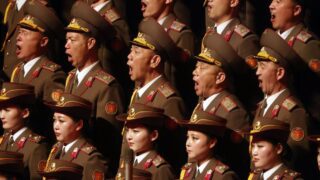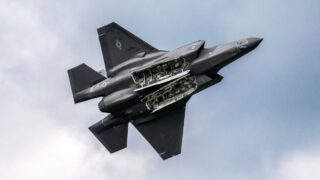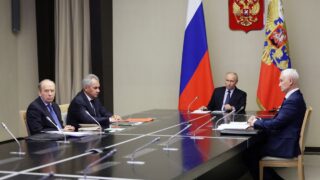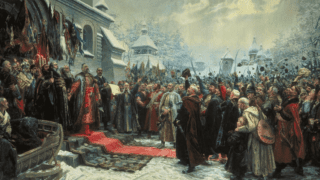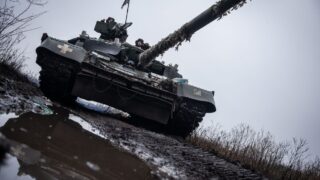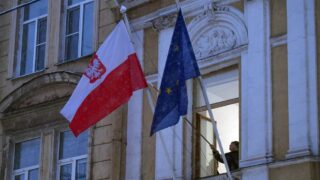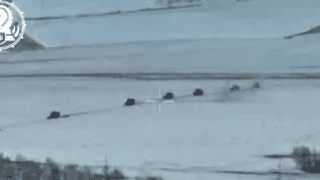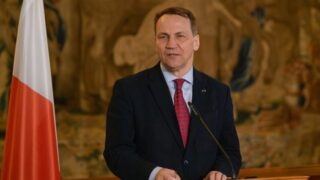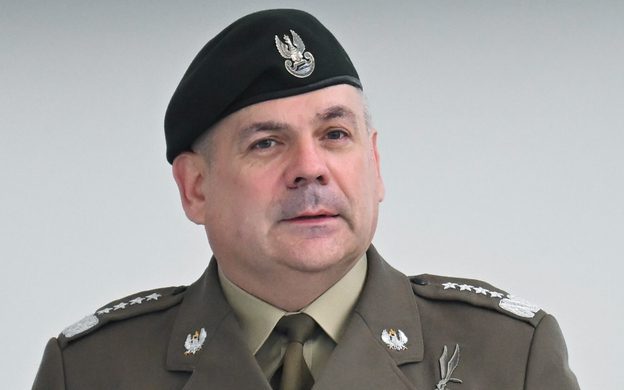
NATO won’t intercept Russian missiles over Ukraine, Polish army chief reiterates
Poland and NATO will not intercept Russian missiles over Ukrainian territory, Poland’s Chief of the General Staff General Wiesław Kukuła said in an interview with Rzeczpospolita published on 12 November.
Russia launches massive drone attacks against Ukraine every night, often paired with missile strikes targeting civilian areas and infrastructure. At times, explosive Shahed UAVs cross into neighboring countries, including NATO members Romania, Poland, and Lithuania.
When asked if Poland could intercept missiles or drones approaching from Ukrainian territory, Kukuła reaffirmed Poland’s previously stated position:
“Our and allied position is unequivocal. We won’t do this. Today, our responsibility for allied air defense is defined by our borders,” the general told Rzeczpospolita.
Ukraine has repeatedly sought NATO’s help in intercepting Russian aerial threats over its territory. This summer, then-NATO Secretary General Jens Stoltenberg rejected Poland’s proposal, citing the risk of drawing NATO into the war. Polish Defense Minister Władysław Kosiniak-Kamysz noted NATO’s skepticism, while Ukraine’s then-Foreign Minister Dmytro Kuleba argued such interceptions wouldn’t make countries combatants. Meanwhile, Polish FM Radosław Sikorski, expressing his personal opinion, supported intercepting missiles near Ukrainian nuclear plants but confirmed no official decision.
Russian threat
The Polish military chief warned about Russia’s growing military capabilities, citing an assessment by General Carsten Breuer, Chief of Defense of Germany, that Russia could rebuild its capacity for conflict with NATO by 2029. According to Rzeczpospolita, Kukuła noted this timeline is “generally shared” among NATO command.
“Russia has demographic and resource potential, and most importantly, a still efficiently functioning defense industry not only to wage war but also to simultaneously develop its defensive potential,” Kukuła said.
The general emphasized that Russia’s approach to potential conflict is defined by three vectors – intentions, strength, and opportunities. He noted that Russia’s intentions have been “perfectly communicated” by President Putin and Foreign Minister Lavrov since late 2021.
The Polish commander emphasized NATO’s commitment to defending all member states, including the Baltic countries, widely regarded as the NATO members most threatened by Russia.
“From the alliance’s cohesion perspective, Poland’s security begins in Estonia and other Baltic States. Fighting for every centimeter of NATO is critical for the alliance’s credibility,” he stated.
Related:



